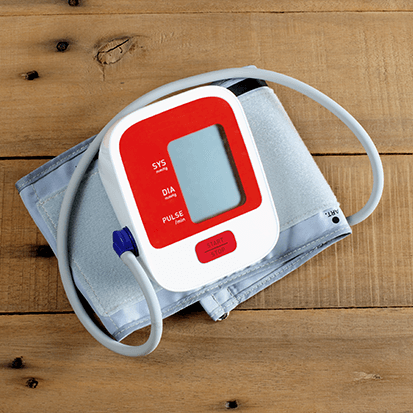Featured
Table of Contents

Routine eye evaluations are necessary for maintaining excellent vision and identifying possible eye wellness issues early. The regularity of these exams can vary substantially based on an individual's age, lifestyle, and overall wellness. Recognizing the recommended timetable for eye exams can assist make certain that people of any ages receive suitable care and surveillance for their eye wellness.
Infants and Toddlers (0-2 Years)
For infants and toddlers, eye exams are important for discovering any kind of prospective vision problems early on. The American Academy of Ophthalmology suggests that a youngster's first eye examination ought to happen at around six months old. Throughout this first check out, the eye treatment professional will certainly evaluate the kid's visual advancement and check for any noticeable eye problems.Following this very first exam, it is recommended that children have an additional eye examination at age 3. This check out will concentrate on examining the child's general aesthetic feature, including eye alignment and the ability to track items. If no problems are identified, the next examination needs to be arranged prior to the kid begins institution, commonly around age five or six.
School-Aged Kids (6-18 Years)
Once youngsters get to institution age, regular eye examinations must be scheduled each to 2 years. Vision is vital for finding out and advancement, and several colleges perform vision testings. These screenings do not change a detailed eye exam by an eye treatment professional.For youngsters entailed in sporting activities or tasks needing significant visual emphasis, yearly eye exams may be a good idea. In addition, if a kid exhibits indicators of vision issues-- such as trouble reading, squinting, or regular frustrations-- a visit to the eye medical professional must be arranged asap.
Young Person (19-39 Years)
Young person typically have fewer vision adjustments than older age teams, but routine eye tests continue to be crucial. The general recommendation is to schedule an eye test every two years during this period. People with specific threat aspects-- such as a family background of eye condition, diabetic issues, or those that put on contact lenses-- must consider yearly eye exams.Furthermore, those that spend substantial time on electronic devices might experience electronic eye stress. If signs and symptoms such as dryness, fatigue, or blurred vision occur, it may be wise to see an eye treatment specialist quicker.
Adults (40-64 Years)
As individuals enter center age, the likelihood of establishing vision troubles boosts. Grownups aged 40 to 64 should schedule eye tests each to 2 years. This age team may begin to experience presbyopia, an all-natural age-related condition that makes it challenging to focus on close things. Eye exams can likewise aid spot various other common age-related problems such as glaucoma, cataracts, and macular degeneration.If people in this age have risk elements like hypertension or diabetes mellitus, they may call for more regular evaluations to check their eye wellness carefully.
Elders (65 Years and Older)
For elders, regular eye exams end up being even more vital. The American Optometric Association recommends that individuals aged 65 and older have an eye exam at the very least as soon as a year.Verdict.
Understanding the suitable routine for eye tests based on age is vital for keeping optimal eye health and wellness throughout life. By adhering to these standards and consulting with an eye treatment expert, people can take proactive actions towards preserving their vision and general health.Table of Contents
Latest Posts
Experience Coastal Style at Deauville Inn
Published en
1 min read
Picking the Right Venue: What to Consider for Weddings, Conferences, and Events
Published en
1 min read
Selecting the Right Venue: What to Take into consideration for Wedding Celebrations, Seminars, and Occasions
Published en
1 min read
More
Latest Posts
Experience Coastal Style at Deauville Inn
Published Apr 05, 25
1 min read
Picking the Right Venue: What to Consider for Weddings, Conferences, and Events
Published Mar 20, 25
1 min read
Selecting the Right Venue: What to Take into consideration for Wedding Celebrations, Seminars, and Occasions
Published Mar 19, 25
1 min read